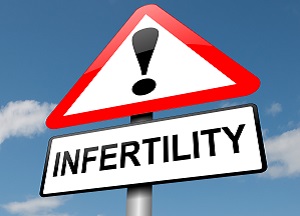There are many studies that say it: stress is bad for fertility. However, researchers at RMIT University in Melbourne have discovered a new link between chronic stress and reproductive problems.
A pre-clinical study analyzes the role of a hormone in both phenomena, identifying aspects that had never been taken into consideration. The team analyzed ghrelin, a hormone produced by the P / D1 cells of the stomach and pancreas. Its job is to stimulate the appetite, but it is also released in stressful conditions. It's one of the reasons we eat when we're under stress, even if we're not really hungry.
Researchers have stopped producing ghrelin in some female guinea pigs. This seems to have reduced the negative effects of chronic stress on ovarian function. Further proof of how chronic stress affects fertility, but not only. The hormone could be the key to regulating the effects of these disorders on the ovaries, reducing them at least in part. It could be a way to increase the chances of conceiving of many women, who today suffer from fertility problems only partially understandable.
For the moment, the data only concerns guinea pigs, but mice react to stress in a way very similar to humans. The discoveries are therefore also applicable to us, with the necessary distinctions. So much so that they could pave the way for a series of new studies for the treatment of infertility, focusing on how to reduce the effects of stress on the body.
Source: rmit.edu.au
















